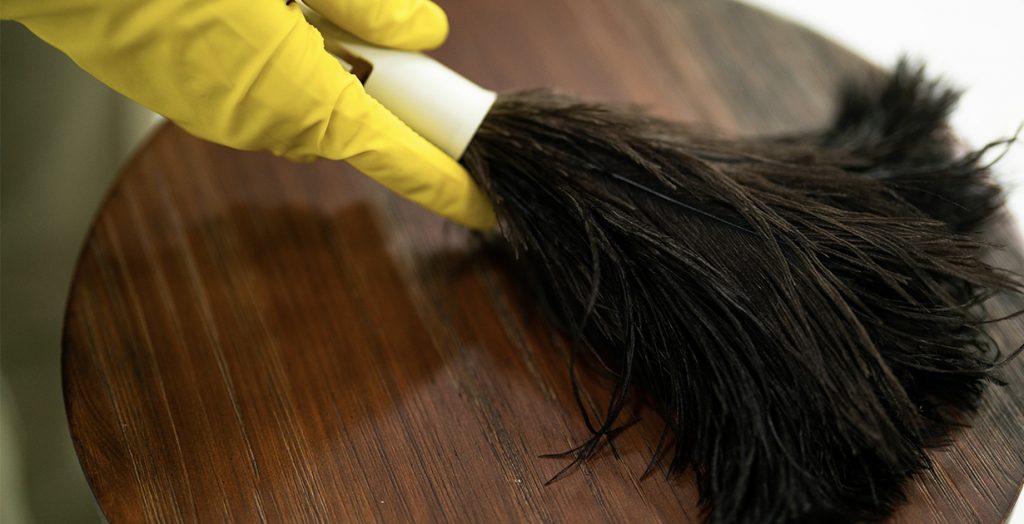

Office cleaning is a necessary expense for any business, but can it be tax deductible? The short answer is yes, but there are a few things to keep in mind. In this blog post, we’ll explain what makes office cleaning tax deductible, how to properly document these expenses, and other important considerations to keep in mind.
First, it’s important to understand the difference between a tax deduction and a tax credit. A tax deduction reduces the amount of income that is subject to taxes, while a tax credit reduces the amount of taxes owed. In the case of office cleaning, it would be considered a tax deduction.
To be tax deductible, office cleaning expenses must be considered “ordinary and necessary” business expenses. This means that they are common and accepted in the industry, and they are necessary for the operation of the business. Cleaning services for the office would fall under this category.
It’s also important to keep accurate records of all office cleaning expenses, including receipts and invoices. This will be necessary in case of an audit by the Internal Revenue Service (IRS). It’s a good practice to document the date, amount, and purpose of the expense, and keep the records for at least three years after the tax return is filed.
Another important thing to note is that if you are using your home as your office, you can deduct a portion of your cleaning expenses as a home office expense. However, you will need to calculate the percentage of your home that is dedicated to your business use to know how much you can deduct.
In conclusion, office cleaning can be tax deductible as long as it’s considered an ordinary and necessary business expense, and proper records are kept. It’s always best to consult with a tax professional to ensure that you are taking advantage of all the deductions and credits that you qualify for. They can also provide guidance on how to calculate the percentage of home office use and ensure that you are meeting all the requirements for a home office deduction.
In summary, office cleaning is tax deductible if it is considered an ordinary and necessary business expense. Keep accurate records and consult with a tax professional to ensure that you are taking advantage of all the deductions and credits that you qualify for.